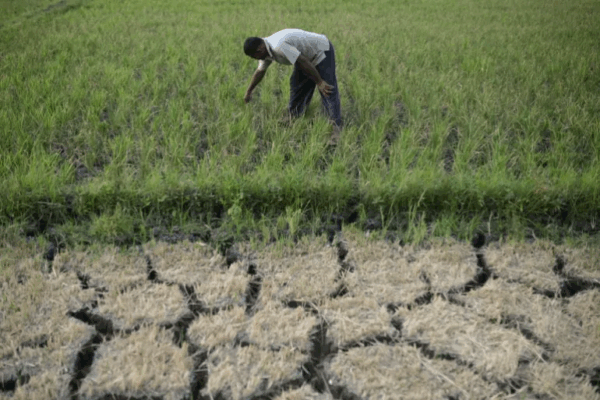VP Shettima Reaffirms Nigeria’s Commitment to Food Security at UN Summit
Addis Ababa, Ethiopia – July 28, 2025Nigeria’s Vice President, Kashim Shettima, has reiterated the country’s strong commitment to food and nutrition security while addressing global leaders at the United Nations Food Systems Summit held at the iconic African Hall of the United Nations Economic Commission for Africa in Addis Ababa, Ethiopia. Speaking at the summit, Shettima emphasized that food insecurity is a global challenge that “knows no borders” and called for collective international action. He outlined Nigeria’s strategic approach, highlighting the Presidential Initiative on Food Security, which aims to scale up the production of maize, rice, cassava, and wheat using climate-smart solutions. “Nutrition is at the heart of Nigeria’s vision,” he stated, citing the integration of food and nutrition targets into national frameworks such as the National Development Plan and Agenda 2050. The Vice President also spotlighted the Nutrition 774 initiative, designed to implement the Sustainable Development Goals (SDGs) at the grassroots level by reaching all 774 local government areas in Nigeria — turning “pledges into meals,” he said. Shettima noted that Nigeria is embracing innovation to transform its agricultural sector. “The Fourth Industrial Revolution is driving our agricultural systems, through the use of artificial intelligence, geospatial analytics, and satellite-driven climate intelligence,” he said. These technologies, he added, are enhancing transparency, boosting production, improving market access, and reducing food waste. Highlighting strategic partnerships, the Vice President pointed to collaborations with the African Development Bank (AfDB) and the International Fund for Agricultural Development (IFAD) to develop Special Agro-Industrial Processing Zones. These zones, he said, are creating jobs, attracting investment, and linking local farmers to global markets. He concluded by emphasizing the role of nutrition education and school feeding programs in securing long-term outcomes, stating that they are essential for “building healthier futures” for Nigerian children.



